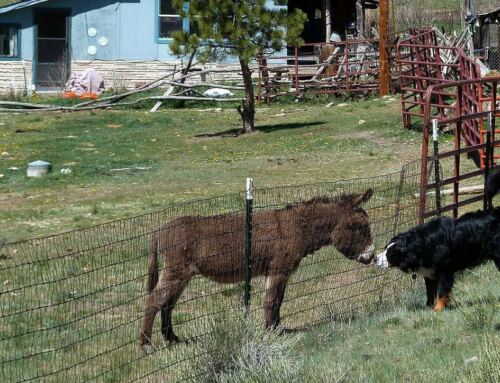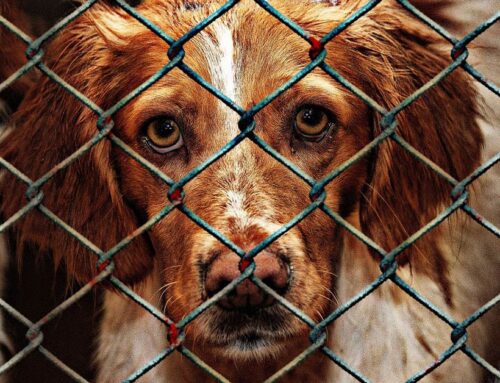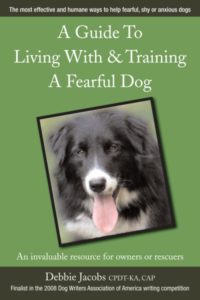From the comments I’ve been hearing and the stuff I’ve been reading on the internet one would be inclined to think that the use of food in training poses great problems or risks. I cannot think of one conversation I’ve had with a trainer who laments that their clients reinforce behaviors with food too much. Indeed it’s usually the opposite. Having trouble with the duration of a down/stay? I’d put money on that it’s because the behavior is not being reinforced with food soon or often enough, or in the right place. Dog won’t come when called? Put me down for a fiver for the same reason.
I’m not suggesting that there are not other reinforcers that can be as effective as food or that we don’t need to be aware of how we use food in training, but do we really need to be out there warning pet owners about the dangers of using food to train their dogs? Have we already won the battle of helping owners understand how positive reinforcement works and how to implement it in their relationship with their dog? And so what if a dog likes steak?
If you get dog as a pup it’s likely that you’ll have the opportunity to create hundreds, hopefully thousands, of positive associations between you and good things or events in the dog’s life. Well-handled young pups will often follow us around regardless of whether we have a treat in hand or pocket, our shoe laces may be the draw along with our companionship. We have become conditioned reinforcers to our dog through the lovely organic process of living gently and playfully with a social animal. It’s not so seamless with rehomed dogs, and even more challenging with scared dogs.
If we are lucky someone along the way has provided a dog with a reason for feeling good about people. My border collie, adopted at least 2 other times from what I know about his history, was given the gift of learning to love as only some dogs can, catching and retrieving frisbees. When life seems uncertain and perhaps a little scary, there’s always frisbee. That my dogs who are not 100% comfortable with people will perform behaviors in order to get a tidbit of treat is a blessing for all of us. Sure the vet smells funny and wields tools of ear and anal prodding capability, but there’s always gorgonzola to mitigate the discomfort.
Travel anywhere in the developing world and the most common relationship you’ll see between people and dogs is based on food. Dogs follow children who drop crumbs of bread, or they hang out at roadside food stands gobbling up discards. I am aware of those torturous studies done on baby monkeys that showed that they spent more time hanging onto a soft facsimile of mother monkey compared to the wire mother monkey who provided milk. I am not attempting to downplay the relationship we can create with our dogs that does not include food or that animals derive comfort and relief in a variety of physical ways other than through eating.
Can our relationships go beyond food? Of course they can, and do. But so what if food plays a major role in that relationship, at anytime during its creation? Try and tell a grandmother that her corned beef with carrots or key lime pie don’t matter in her relationship with her grandchildren. Try believing it yourself the next time you plan a party and decide that the food you serve doesn’t matter. It may not be just about the food, but the food is definitely part of the equation. Our social engagements don’t have to include food, but interestingly they often do.
If a dog is only responding to an owner because of the promise of food, the food is not the problem, and the relationship might not be the problem either. Advising pet owners to ditch the food treats and replace it with “relationship” may not be prudent. Food is a part of the relationship and may be the only salient reinforcer a new pet owner has to use with their dog. And I say, “So what?” By pairing interactions with their owner with food the “feel good” power of a primary reinforcer rubs off on them. Instead of warning owners off of food we should be instructing them on how to use it effectively for creating strong, reliable behaviors. That one can over-hydrate and die is not a reason to advise against drinking water. “Stop using food” is one of the most misguided pieces of advice I’ve heard today.






